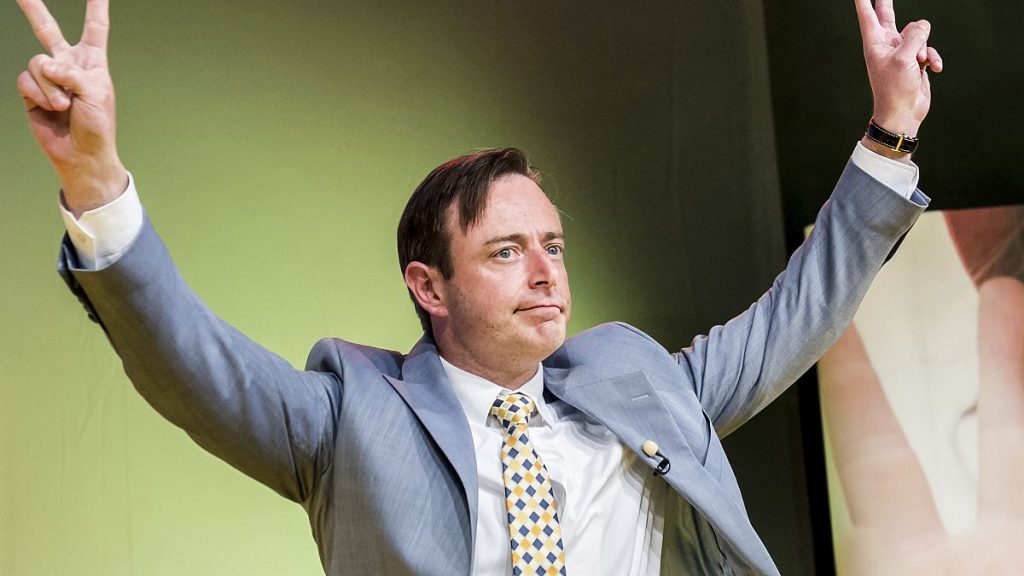Efforts to form a government in Belgium have hit a roadblock as the politician appointed to lead the negotiations for a coalition resigned from his mandate. Bart De Wever, leader of the Flemish nationalist party, New Flemish Alliance, was tasked with finding consensus among the five parties that won in the June general election. However, De Wever was unable to reach agreement on key policy issues, such as capital gains taxes, leading to his resignation. King Philippe accepted De Wever’s resignation after discussions at the Royal Palace, and will now begin talks with other political party leaders to explore alternative majorities.
The stalemate in government formation has raised concerns as Belgium must submit a federal budget to the European Commission by September 20, 2024. The country’s history includes a previous record of 592 days without a government after the 2010 elections, highlighting the challenges in reaching consensus among the diverse political parties in Belgium. The failure to form a government could have significant implications for the country’s ability to address pressing issues and make important decisions, both domestically and within the European Union.
The resignation of Bart De Wever as the appointed “formateur” underscores the difficulties in building a coalition in Belgium, where the political landscape is characterized by a diverse range of parties representing different regions and ideologies. The inability to find consensus on key policy issues has further complicated the process of government formation, with no clear path forward for establishing a ruling coalition. The upcoming discussions between King Philippe and political party leaders will be crucial in determining the next steps in the government formation process.
The ongoing deadlock in forming a government in Belgium reflects broader challenges faced by countries with complex political systems, where coalition-building is essential to govern effectively. The failure to reach consensus among the parties in Belgium highlights the need for compromise and negotiation in addressing key policy issues and finding common ground in a diverse political landscape. The upcoming discussions between party leaders and the King will be significant in determining the feasibility of forming a ruling coalition and addressing the pressing issues facing the country.
As Belgium navigates the complexities of government formation, the role of the Royal Palace and King Philippe in facilitating negotiations and determining the next steps will be crucial. The need to establish a government to submit a federal budget to the European Commission adds urgency to the situation, as the country faces deadlines and obligations that require political leadership and decision-making. The political instability resulting from the resignation of Bart De Wever as formateur underscores the challenges in Belgium’s political system and the need for effective governance in addressing the country’s priorities and responsibilities.
In conclusion, the resignation of Bart De Wever as the appointed negotiator for government formation in Belgium has highlighted the challenges in building a coalition among the country’s diverse political parties. The failure to reach consensus on key policy issues has led to a deadlock in the government formation process, raising concerns about Belgium’s ability to address pressing issues and make important decisions. The upcoming discussions between King Philippe and political party leaders will be crucial in determining the next steps and finding a way forward in forming a ruling coalition.


